Welcome Back Vagabonds!
Welcome to “Atypical Vagabond,” a portal to a realm where boundaries blur and conventional paths diverge. Here, we delve into the world of unconventional exploration and celebrate the art of wandering without constraints. Join us as we uncover hidden gems, unravel the tales of unconventional nomads, and delve into the transformative experiences that await those who dare to embrace the call of wanderlust.
A strong desire for freedom often arises in a busy world of daily routines and societal pressures. We become fascinated by the exciting appeal of unfamiliar places, the mysterious call of undiscovered destinations, and the life-changing influence of travel. In these instances, we awaken the spirit of the unconventional traveler — the wanderer who desires to explore the world and embark on a journey of self-discovery and personal freedom.
The Algarve is a stunning region located in the southern part of Portugal. Known for its breathtaking coastline, golden beaches, and warm Mediterranean climate, the Algarve attracts millions of tourists annually. With its charming towns, picturesque villages, and vibrant nightlife, the region offers a wide range of activities and attractions for visitors to enjoy. Whether you’re looking to relax on the beach, indulge in delicious local cuisine, or explore the rich history and culture of the area, the Algarve has something to offer everyone. From the rugged cliffs of Sagres to the vibrant city of Faro, the Algarve is a destination that truly has it all. So why not take a trip to this exquisite region and experience the beauty and charm of the Algarve for yourself?
The Algarve of Portugal is a mesmerizing region in the southernmost part of the country, known for its breathtaking natural beauty and sunny Mediterranean climate. As a beloved tourist destination, it offers an array of delights for travelers seeking a perfect blend of relaxation, outdoor adventures, and cultural exploration.
Geographical Features

The Algarve’s coastal landscapes are a sight to behold, with their rugged cliffs, golden beaches, and crystal-clear waters. The region boasts unique rock formations, such as the famous Ponta da Piedade, which captivate visitors with intricate shapes and colors. Exploring the stunning cliffs and grottoes by boat is a must-do experience, revealing hidden caves and secret treasures. From bustling tourist hotspots to secluded coves, the Algarve’s beaches cater to all preferences, providing sun-kissed moments of tranquility.
Climate and Weather
The Algarve enjoys a mild Mediterranean climate characterized by long, warm summers and mild winters. With over 3,000 hours of sunshine annually, it is a haven for sun-seekers. The region experiences pleasant temperature variations throughout the year, making it an ideal destination for year-round travel.
The climate in the Algarve is perfect for outdoor activities, such as hiking, biking, and water sports. The long summers offer plenty of time to soak up the sun and enjoy the beautiful sandy beaches. Even in the winter, the temperatures remain relatively mild, allowing visitors to explore the charming towns and indulge in the local cuisine. The Algarve has something to offer everyone, whether you’re looking for relaxation or adventure. With its stunning landscapes, delicious food, and welcoming locals, it’s no wonder that the Algarve is a popular choice for tourists worldwide.
Cultural Heritage

The Algarve holds a rich historical heritage, influenced by its Moorish past and diverse cultural traditions. The remnants of ancient civilizations can be seen in the architecture of towns and villages, with Moorish influences evident in the intricate tilework and arches. Exploring the Algarve’s historical sites and museums provides a glimpse into its fascinating past. The region celebrates its cultural heritage through vibrant festivals and events showcasing traditional music, dance, and culinary delights.
Outdoor Activities
For adventure enthusiasts, the Algarve offers many outdoor activities. Water sports and beach activities abound, with options ranging from surfing and paddleboarding to jet skiing and snorkeling. Golfers flock to the region’s world-class golf courses, designed by renowned architects and surrounded by breathtaking landscapes. Hiking trails wind through nature reserves and coastal cliffs, providing opportunities to witness the region’s diverse flora and fauna. Exploring the underwater world through scuba diving or boat trips reveals a vibrant marine ecosystem.
Culinary Delights

The Algarve’s gastronomy is a treat for the taste buds. Fresh seafood dishes take center stage, with succulent grilled sardines and cataplanas (seafood stews) being local specialties. Traditional Algarvian cuisine showcases the region’s agricultural produce, including figs, almonds, and carob. The Algarve is also known for its outstanding wines, such as Vinho Verde and Vinho do Algarve, and locally-produced spirits like Medronho, a fiery brandy made from the fruit of the arbutus tree.
Popular Towns and Cities
Faro, the capital of the Algarve, serves as the gateway to the region with its international airport and historic charm. Lagos entices visitors with its picturesque old town, stunning beaches, and historic sites, including the iconic Ponta da Bandeira Fort. Albufeira offers a lively atmosphere, combining beautiful beaches, vibrant nightlife, and entertainment options. Vilamoura, renowned for its luxury resorts and marina, caters to those seeking indulgence and relaxation.
Nature Reserves and Parks
Nature enthusiasts will find solace in the Algarve’s protected areas. The Ria Formosa Natural Park, a haven for migratory birds, boasts lagoons, sandbars, and salt marshes, offering opportunities for birdwatching and boat trips. The Serra de Monchique, a mountain range of lush vegetation, provides picturesque hiking trails and panoramic views. Costa Vicentina Natural Park, on the western coast, showcases pristine beaches, rugged cliffs, and unique flora and fauna.
Hidden Gems
While the Algarve’s popular destinations shine bright, its hidden gems offer unique experiences. Tavira, a picturesque town, boasts Roman ruins, a beautiful riverside, and an authentic ambiance. Sagres, located at the region’s westernmost point, presents dramatic coastal scenery, including towering cliffs and breathtaking sunsets. Silves, with its imposing castle and historic charm, takes visitors back in time.
Wellness and Relaxation

For those seeking wellness and relaxation, the Algarve delivers. Spa resorts and wellness retreats offer rejuvenating treatments and holistic therapies, allowing guests to unwind in tranquil surroundings. Yoga and meditation centers provide opportunities for inner reflection and physical well-being. Thermal baths and natural springs, such as Caldas de Monchique, offer therapeutic benefits, inviting visitors to immerse themselves in healing waters.
Shopping and Souvenirs
Exploring local markets in the Algarve is a delight for shopping enthusiasts. These bustling markets showcase fresh produce, handcrafted goods, and unique souvenirs. Traditional products like ceramics, lacework, and cork make perfect keepsakes. Textiles, including vibrant blankets and tapestries, highlight the region’s artistic heritage.
Sustainable Tourism Initiatives

The Algarve is dedicated to promoting sustainable tourism practices. The region greatly emphasizes safeguarding its natural resources and encouraging responsible travel. A wide range of environmentally friendly accommodations and activities are available, such as eco-lodges and nature tours, enabling visitors to fully appreciate the Algarve’s stunning landscapes while simultaneously minimizing their impact on the environment.
The active involvement of the local community in tourism initiatives plays a crucial role in upholding traditional practices and ensuring the continued economic prosperity of the region’s residents. By prioritizing sustainability, the Algarve remains a harmonious destination that values its natural beauty and the well-being of its inhabitants.
Practical Information
Before embarking on an Algarve adventure, it is helpful to know some practical details. The best time to visit varies based on individual preferences, with summer being the peak tourist season. Getting around the Algarve is convenient, thanks to an efficient transportation network that includes buses, trains, and rental cars. The region offers a range of accommodation options, from luxury resorts to cozy guesthouses. Familiarizing oneself with local customs and etiquette helps visitors immerse themselves in the Algarve’s vibrant culture.
Atypical Last Thoughts

The Algarve Portugal beckons travelers with its sun-kissed splendor, combining natural beauty, cultural heritage, and a welcoming atmosphere. Whether you seek relaxation on pristine beaches, adventure in outdoor activities, or immersion in the region’s rich history and gastronomy, the Algarve promises an unforgettable experience. Embark on a journey to this captivating gateway and discover the magic that awaits you in Algarve, Portugal.
The captivating allure of the Algarve Portugal captures the hearts of travelers worldwide. Its sun-kissed splendor enchants with breathtaking landscapes, while its rich cultural heritage beckons exploration. If you yearn for tranquility, indulge in the blissful embrace of pristine beaches. For the adventurous soul, myriad outdoor activities await, offering adrenaline-pumping experiences amidst nature’s bounty. Immerse yourself in the region’s fabled history and savor the tantalizing flavors of its gastronomy. Brace yourself for an unforgettable journey to the magical land of Algarve, Portugal, where timeless beauty meets a warm and inviting ambiance. Prepare to be enchanted
Subscribe
Are you an avid traveler seeking inspiration for your next adventure? Look no further than the Atypical Vagabonds newsletter. By subscribing to our newsletter, you gain access to a treasure trove of travel tips, destination guides, and captivating stories from around the globe. Our knowledge in exploring off-the-beaten-path destinations. We offer a refreshing perspective on travel, encouraging you to embrace the unconventional and discover unique experiences. Join the community today and let our wanderlust-inducing content inspire you. Therefore, you can embark on extraordinary journeys. Subscribe to receive their latest updates directly in your inbox and never miss a travel adventure again.
Donations
Love what you’re seeing on Atypical Vagabond? Help us keep the adventures coming! Consider donating through PayPal’s secure payment system. Every contribution goes a long way in fueling our mission to bring you more thrilling content and unforgettable experiences. Join us in shaping the future of travel—donate today!




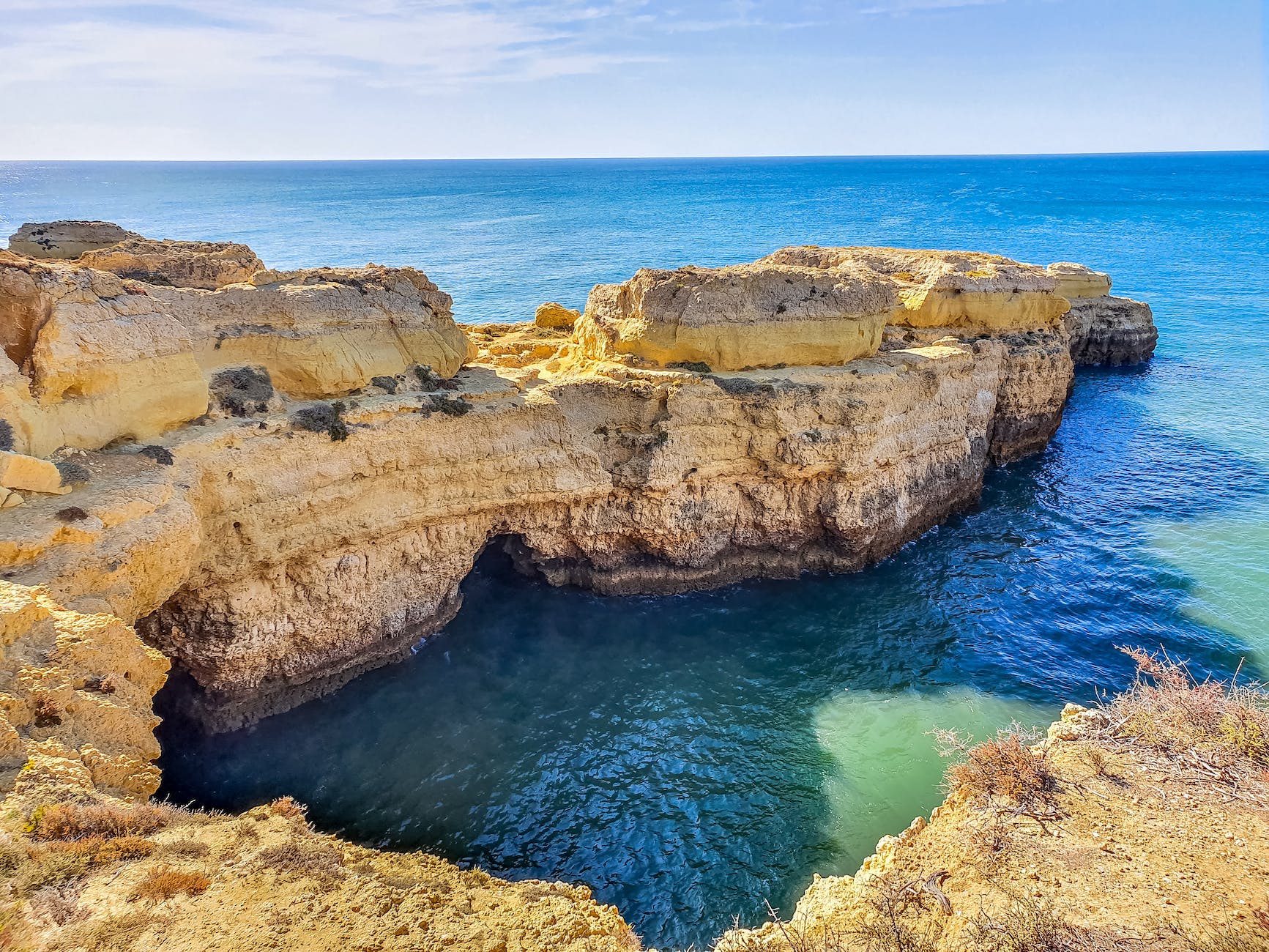
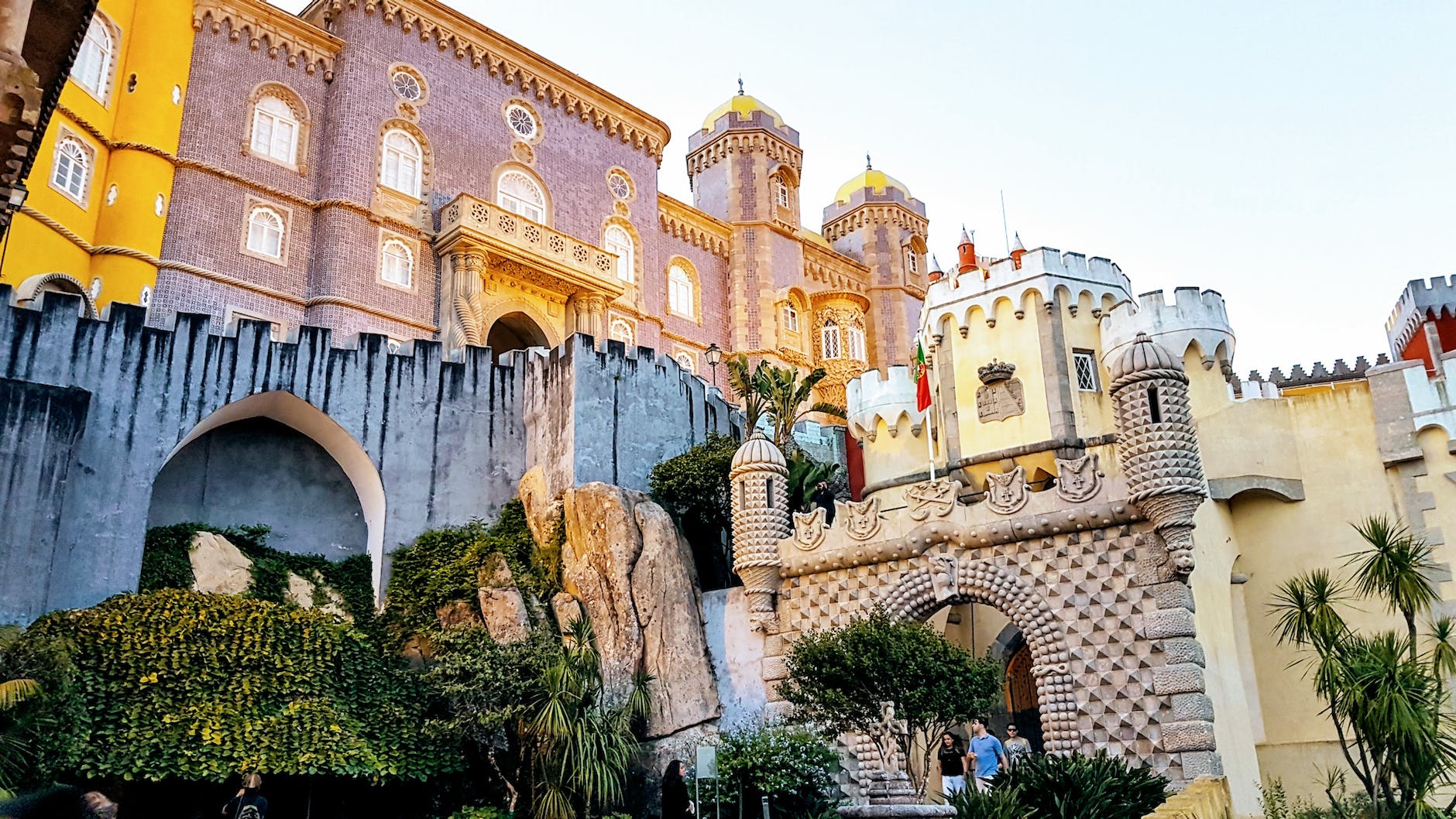
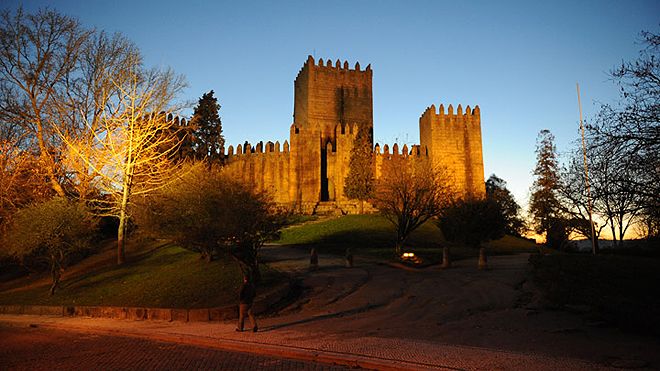
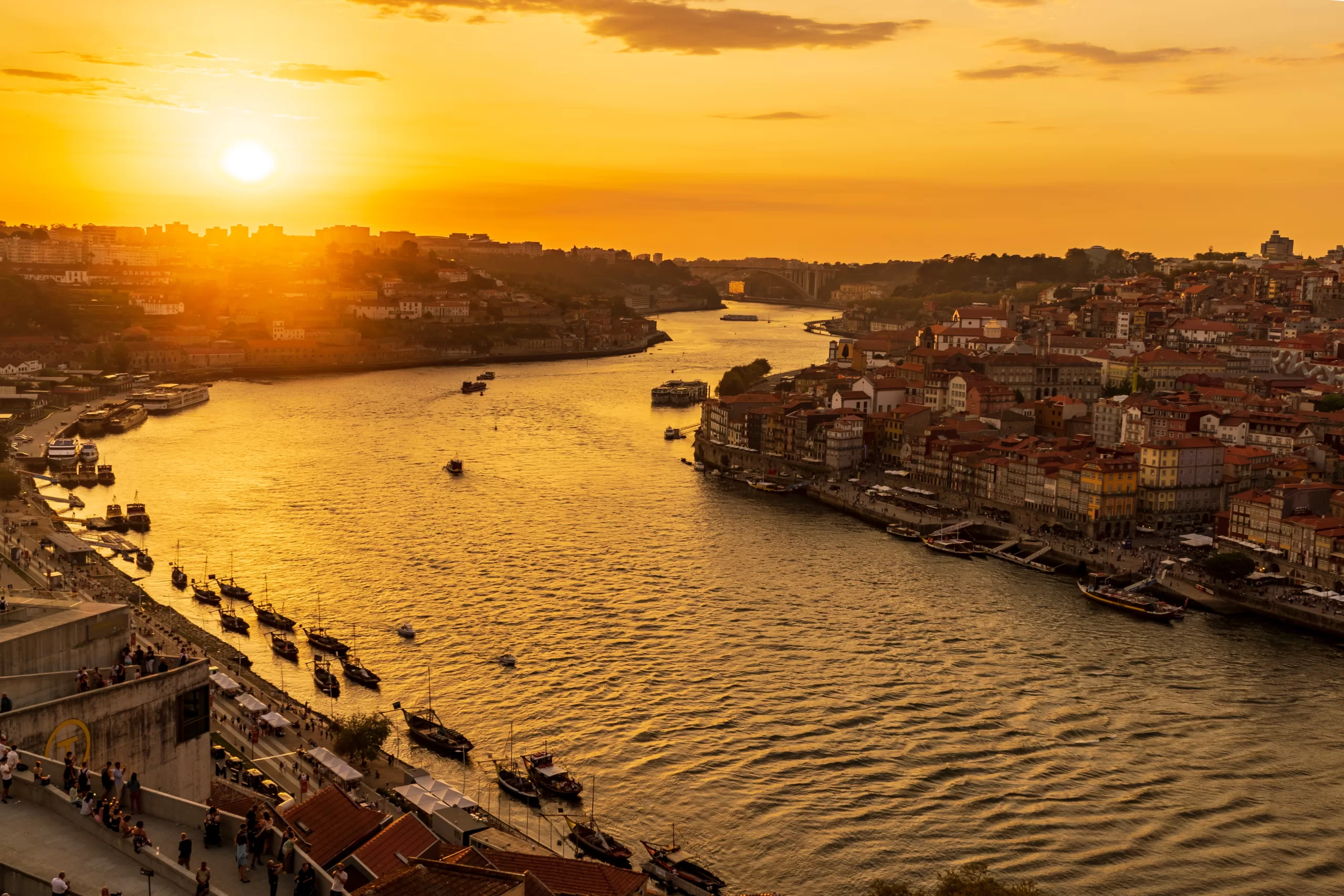
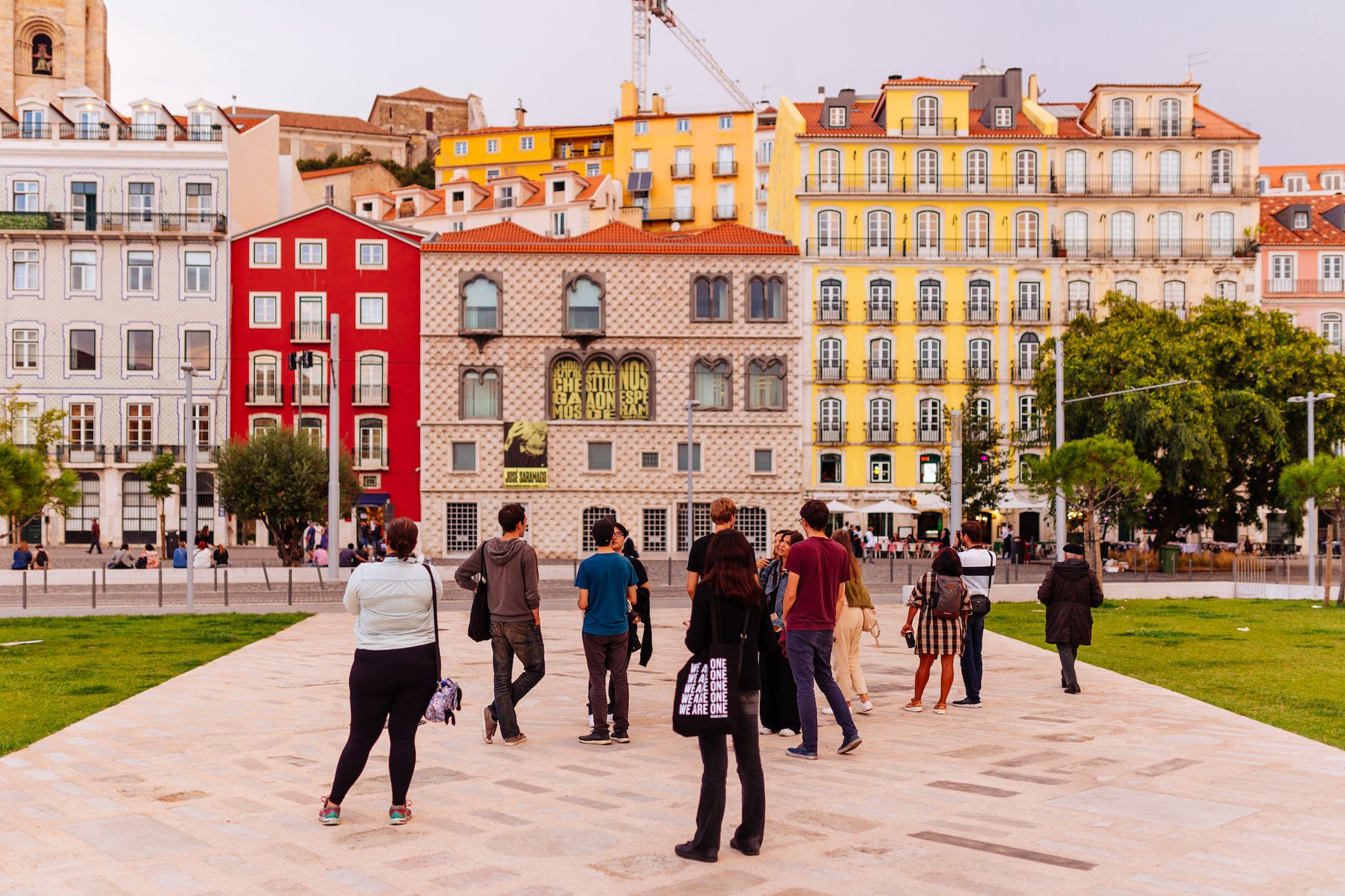


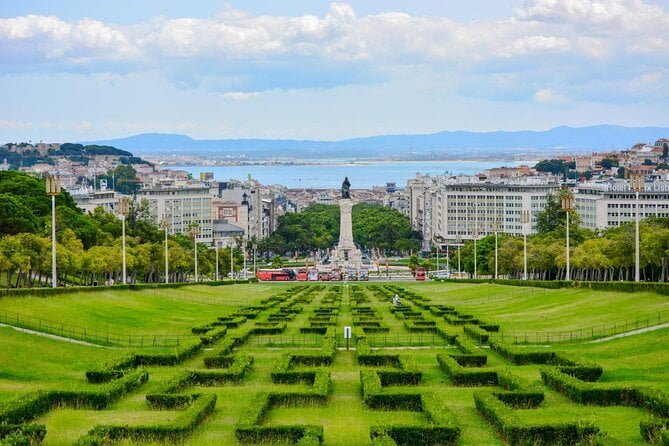
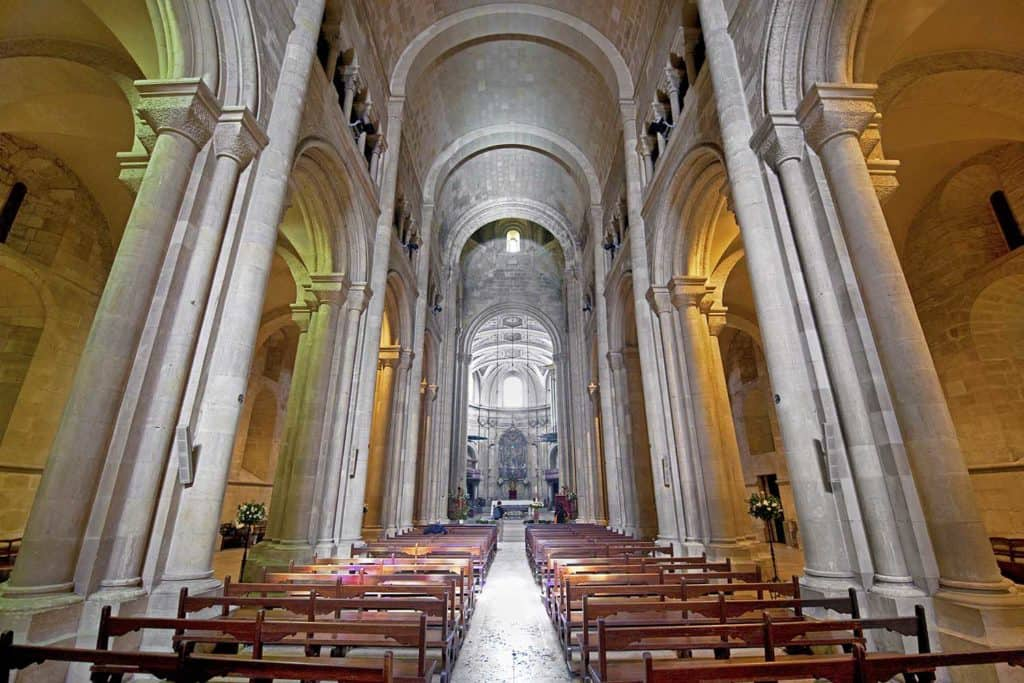
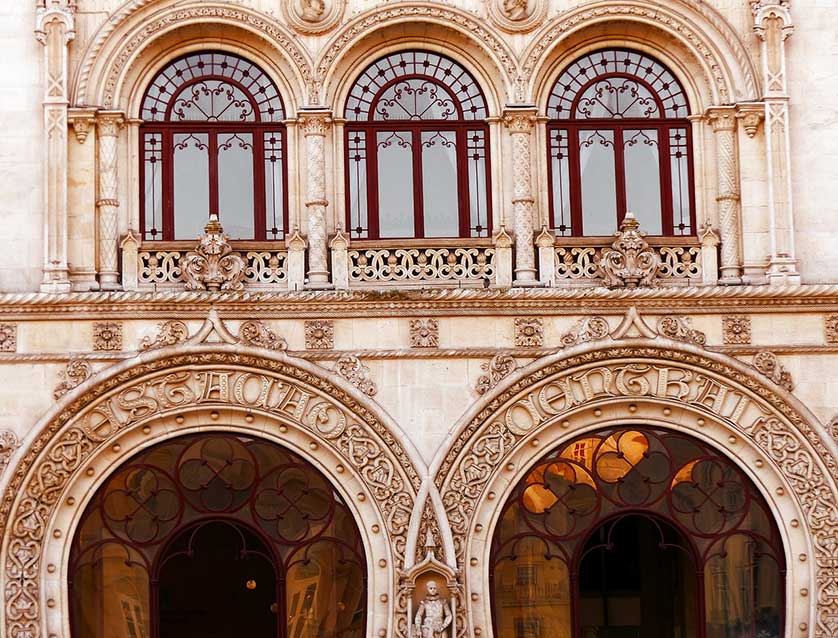



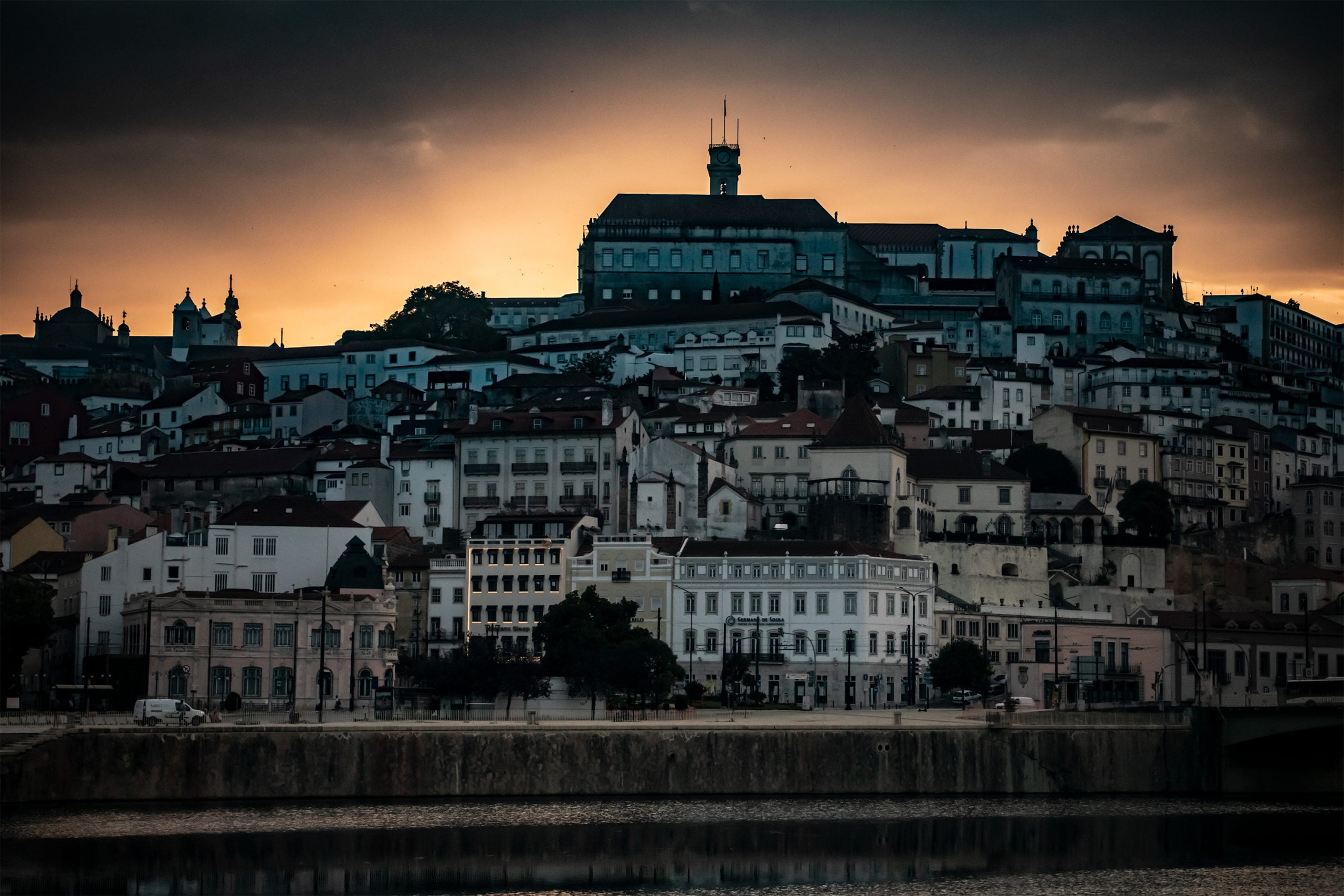
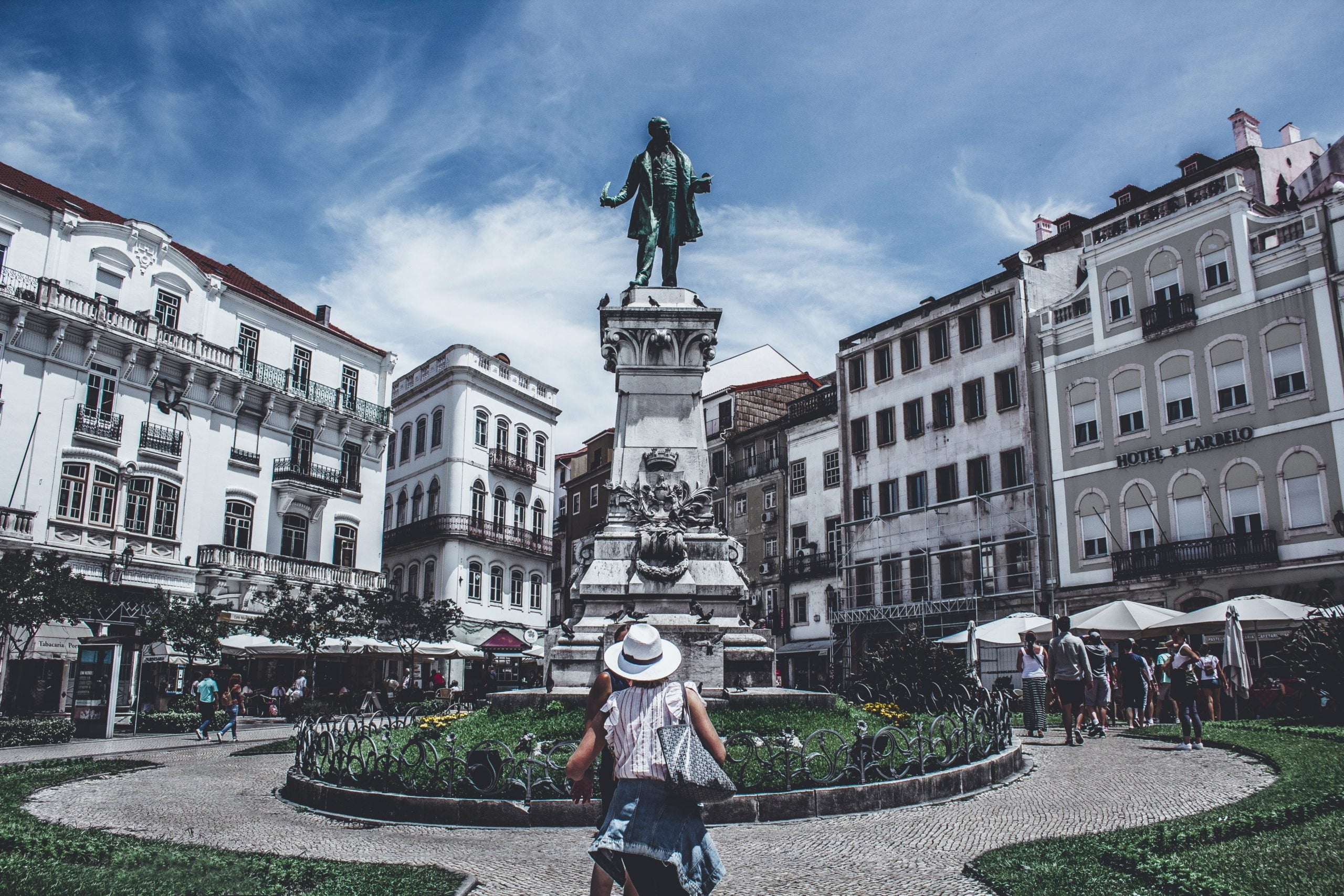
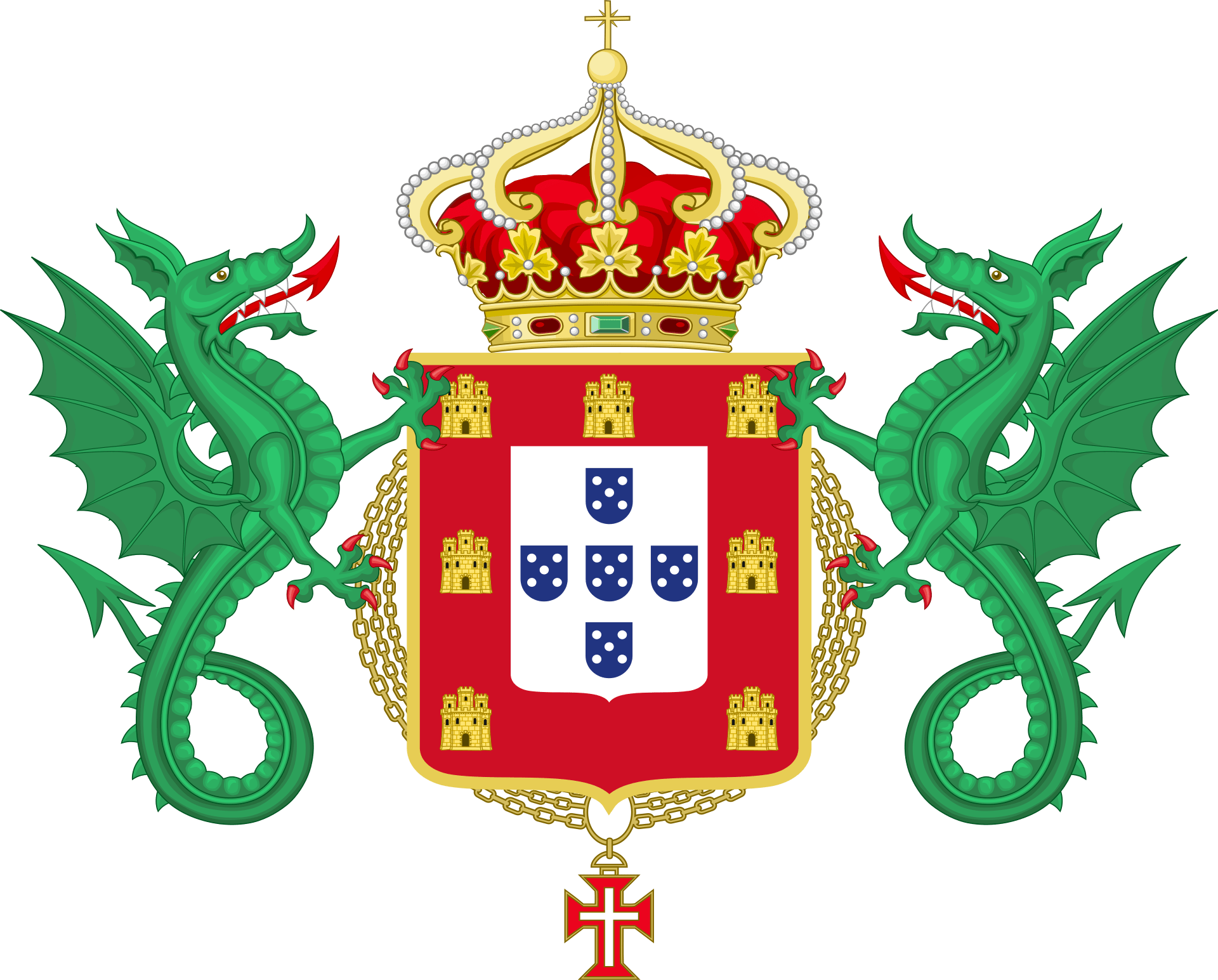




You must be logged in to post a comment.